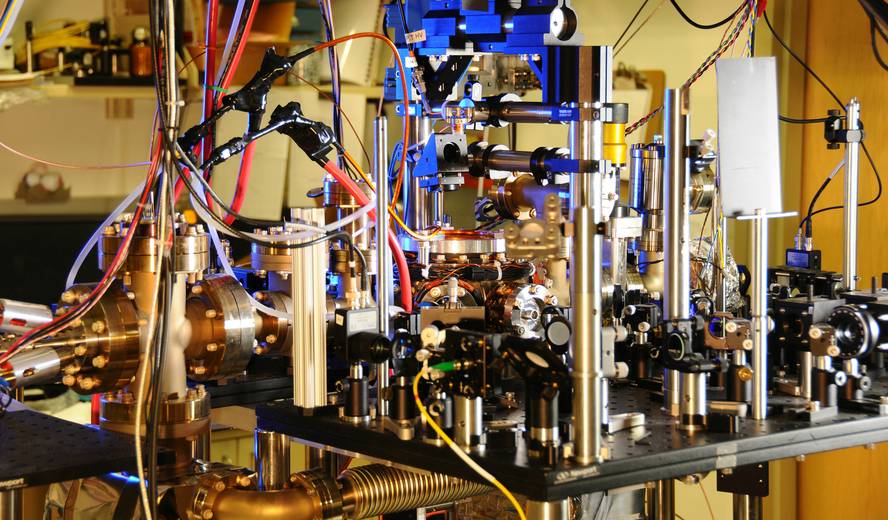An atomic clock leaves the laboratory

With a portable atomic clock they have been able to measure the height of a point of the Alps. This is the first measurement that is done outside the laboratory with an atomic clock, an important advance in the future applications of these watches. The journal Nature Physics has announced the success.
Atomic watches measure time with great precision by counting the oscillations of the electrons of atoms. It is the most accurate physical measure we are able to perform. And with such precision, they are also able to measure the influence of gravity in time, as Einstein had announced in the theory of general relativity, being able to be used as sensors of gravity, among others. However, atomic clocks need lasers, very cold temperatures, very controlled conditions, etc., so they have only been able to perform this type of measurements in the laboratories that until now have been enabled for it. Now, for the first time, an atomic clock is introduced into a vehicle and transferred to the French Alps. And compared to another atomic clock in an Italian laboratory a hundred kilometers and a thousand meters high, they have been able to measure height.
The researchers have recognized that the watch could not work in the best conditions and that the result obtained is no better than that which can be achieved with other current methods, but have emphasized that, despite the fact that there are still some technical challenges, it has been an important step in the geophysical applications of atomic watches.





